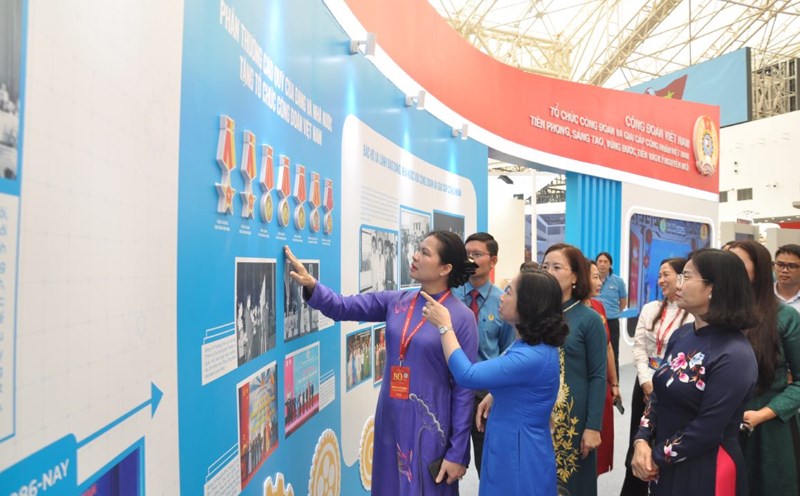On the afternoon of August 28, the Ho Chi Minh City People's Council passed a resolution on policies for developing preschool education in industrial parks and areas with a large number of workers and laborers.
According to the resolution, the support level for preschool children who are children of workers and laborers working in industrial parks and places with a large concentration of labor will increase from 160,000 VND to 240,000 VND/child/month.
The support period is calculated based on the actual number of school months, but not exceeding 9 months/school year.
Currently, Ho Chi Minh City has more than 1,000 independent preschools, about 92,000 children of workers and 6,000 non-public preschool teachers.
In addition, the city also supports 1 million VND/person/month for preschool teachers working at private and non-public establishments in industrial parks, as well as teachers working in kindergartens and kindergarten classes in areas with a large number of workers. This support level is calculated based on the actual number of school months, up to 9 months/school year, and is not used to calculate social insurance, health insurance or unemployment insurance contributions.
To improve the quality of care and education, independent, private and private preschools in industrial parks and places with a large number of workers are also supported with one-time facilities, including equipment, toys, teaching equipment and repair costs directly for child care and nurturing.
Specific support levels depend on the scale: Establishments under 30 children (35 million VND); from 30 to under 50 children (55 million VND); from 50 to 70 children (70 million VND).
In addition to the policy for preschools, the Ho Chi Minh City People's Council also passed a resolution to support study costs for students, graduate students and doctoral students who are ethnic minorities.
Each subject is supported with a level of 60% of the basic salary/month, for a maximum period of 10 months/school year, depending on the training regulations of the Ministry of Education and Training. If the basic salary changes, the Ho Chi Minh City People's Committee will assess the impact and submit to the People's Council for appropriate adjustment.
Ho Chi Minh City currently has more than 509,000 ethnic minorities from 53 ethnic groups, including more than 8,000 students from intermediate to university and about 200 high school and graduate students.











